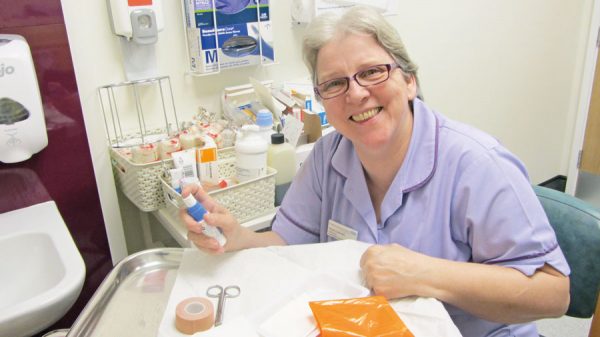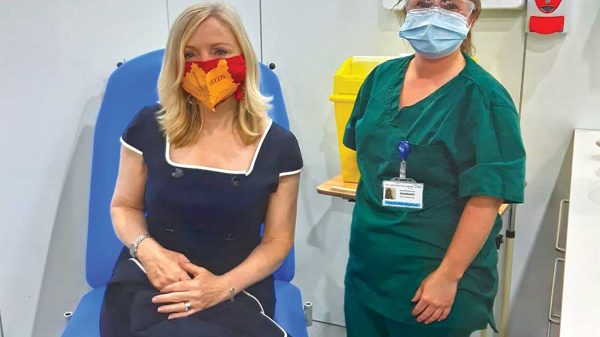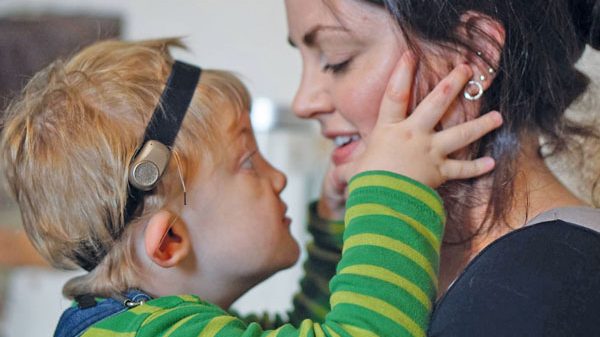As 2016 marks the ten year anniversary of the introduction of bowel cancer screening in the UK, Bowel Cancer UK is urging people during Bowel Cancer Awareness Month this April to spread the word among their family, friends and colleagues to take part in screening.Bowel cancer is the UK’s second biggest cancer killer yet it’s a disease which is often overlooked and diagnosed too late. Every year over 41,000 people (one every 15 minutes) are diagnosed with bowel cancer and 16,200 people die of the disease.
The NHS Bowel Cancer Screening Programme (and its equivalent in each of the home nations) can detect bowel cancer at an early stage in people with no symptoms when it is easier to treat. Since its launch 10 years ago, it has been proven to save lives. If you’re registered with a GP and aged 60-74 (50-74 in Scotland), you will receive a test in the post every two years. You carry out the simple test at home in private and it comes with step by step instructions. The test looks for hidden blood in your poo, which could be an early sign of bowel cancer.
Bowel cancer screening can save lives but at the moment in some areas of the UK only a third of those who receive a test complete it. Thousands of people are missing out on the chance to detect bowel cancer early when it is easier to treat.
Deborah Alsina, Chief Executive of Bowel Cancer UK, said, “One in 14 men and one in 19 women will be diagnosed with bowel cancer during their lifetime but it is treatable and curable especially if diagnosed early. Nearly everyone diagnosed at the earliest stage will survive bowel cancer. However, this drops significantly as the disease develops. Taking part in bowel cancer screening is the best way to get diagnosed early. If you are over 60 (or 50 in Scotland), take the test when you receive it in the post. If you are younger, tell the people over 60 (over 50 in Scotland) in your life to take the test.”
A number of celebrities are also supporting Bowel Cancer UK’s call for people to take part in screening, including ITV News presenter Charlene White, Lynda Bellingham’s husband, Michael Pattemore, former England cricketer Chris Read and actor Ben Richards.
Audrey Hepburn’s son, Luca Dotti, the Chairman of the Audrey Hepburn Children Fund, is also encouraging more people to participate in screening after his mother died of bowel cancer in 1993 at the age of 63, he said:
“Her life has often been described as a fairy tale, yet what my mother really longed for was a home filled with the din of kids and dogs. If screening for bowel cancer was available in the 90’s as it is today she may have not missed the opportunity at her greatest role, as the grandmother of six. My mother, Audrey Hepburn, was 63 when she passed away, her first grandchildren just a year beyond.”
Symptoms of bowel cancer include: (provided by Bowel Cancer UK)
• Bleeding from your bottom and/or blood in your poo
• A change in bowel habit lasting three weeks or more
• Extreme tiredness for no obvious reason
• Unexplained weight loss
• A pain or lump in your tummy
Most people with these symptoms don’t have bowel cancer. Other health problems can cause similar symptoms. But if you have one or more of these, or if things just don’t feel right, go to see your GP.
Risk factors: (provided by Bowel Cancer UK)
We don’t know what causes most bowel cancers, but we do know that some factors increase your risk of getting the disease. Some of these are things you can’t do anything about, for example, age and genetics. But you can make changes to your lifestyle to lower your risk of getting bowel cancer.
You are more at risk of getting bowel cancer if you have one or more of the following risk factors. This doesn’t mean that you will definitely get bowel cancer. Equally, if you don’t have any risk factors, it doesn’t mean you can’t get bowel cancer.
• Aged over 50
• A strong family history of bowel cancer
• A history of non-cancerous growths (polyps) in your bowel
• Longstanding inflammatory bowel disease such as Crohn’s disease or ulcerative colitis
• Type 2 diabetes
• An unhealthy lifestyle
Scientists think that nearly half (47 per cent) of all bowel cancers could be prevented by having a healthier lifestyle. You can reduce your risk by eating a healthier diet, taking more exercise, cutting down on alcohol and stopping smoking.






